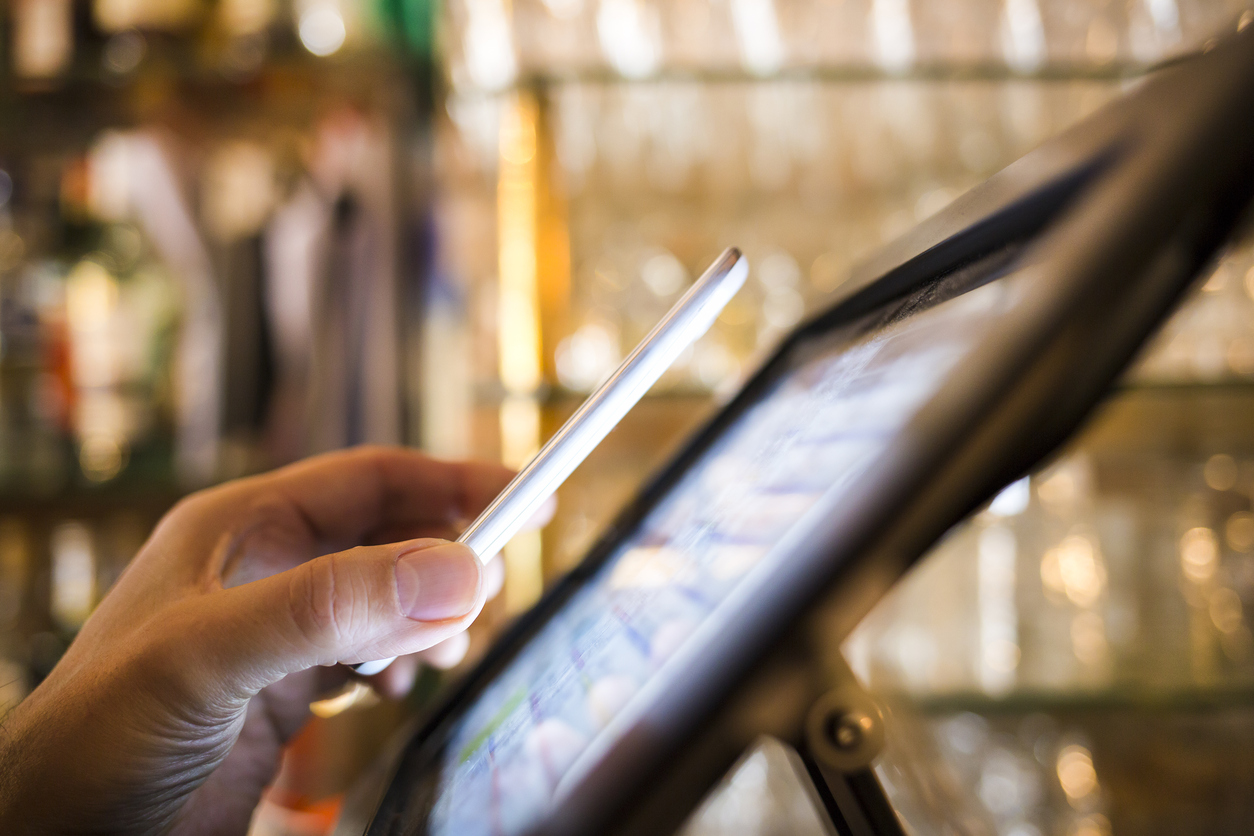As consumer expectations shift toward flexibility, speed, and security, businesses are adopting a range of modern payment methods to keep pace. Options like digital wallets, contactless payments, buy-now-pay-later (BNPL) solutions, and cryptocurrencies offer companies ways to enhance user experience, broaden appeal, and improve competitiveness. Here’s how various industries are adopting these options to meet growing market demands.
Embracing Digital Wallets for Seamless Transactions
Digital wallets, including options like mobile pay and digital card storage, have transformed how customers engage with businesses. By allowing users to make fast, secure payments without physical cash or cards, digital wallets streamline the process for both in-store and online shoppers. For companies, integrating digital wallets offers a contactless, convenient way to facilitate transactions.
In the retail industry, digital wallet technology can be embedded into mobile apps, enabling customers to make purchases, collect loyalty rewards, and even place pre-orders with just a few taps. This integration not only improves customer convenience but also builds loyalty, particularly among tech-savvy consumers seeking efficient, cashless transactions.
Online casinos are also embracing digital wallets like PayPal and Skrill, as these options offer unique advantages in terms of speed and security. Players can deposit and withdraw funds instantly, without needing to share sensitive bank information directly with the casino, enhancing privacy and reducing transaction wait times. Casino expert and author Mary Johnson further explains that PayPal casinos in particular typically offer huge game libraries, big bonuses, and quick withdrawals. These perks, along with the benefits of using a digital wallet like PayPal, are making them a popular option amongst players. The use of digital wallets has also expanded accessibility for users who may prefer this method for its simplicity and ease of use, allowing online casinos to cater to a wider audience and provide a more flexible and enjoyable user experience.
Leveraging Contactless Payments for a Streamlined Experience
Contactless payments, including tap-to-pay technology, are increasingly popular in service-driven sectors such as hospitality. As these industries aim to enhance the customer experience by reducing wait times and creating safer payment environments, contactless options have become essential.
In the hospitality sector, for example, hotels can incorporate contactless payment systems into their apps, allowing guests to check in, settle bills, or request services without needing to interact in person or handle cash. In fast-paced environments, this technology helps companies improve the overall guest experience, while also catering to the increasing demand for quick, seamless transactions.
Offering Buy-Now-Pay-Later (BNPL) for Greater Flexibility
BNPL solutions have surged in popularity in e-commerce, allowing customers to spread payments over time, often with no or minimal interest. By adopting these solutions, companies make high-value items more accessible, often boosting average purchase values as well.
Retailers, particularly in fashion and home goods, frequently offer BNPL options to attract budget-conscious shoppers who prefer the flexibility of spreading payments. This option increases affordability, often making customers more likely to complete purchases. Businesses that incorporate BNPL benefit from higher conversion rates, while customers enjoy a convenient payment experience that fits their financial preferences.
Accepting Cryptocurrency for Alternative Investment Payments
Cryptocurrencies are finding their way into diverse sectors, with businesses using them for their unique advantages: lower fees, faster cross-border payments, and enhanced transaction security. By accepting popular cryptocurrencies, companies appeal to a growing segment of consumers who value privacy and decentralised finance options.
For example, sectors that handle large transactions, such as real estate and luxury goods, find cryptocurrency a practical payment alternative for international buyers. The use of cryptocurrency in these high-value industries attracts a broader audience, especially those interested in digital assets.
Expanding Subscription-Based Payment Models for Convenience
Subscription payment models have gained traction as a way to increase customer loyalty and provide consistent revenue streams. With the popularity of subscription services on the rise, companies across various sectors are adopting this model, offering customers the convenience of paying for services or products on a recurring basis. By using subscription-based payments, businesses make it easy for customers to access ongoing services, without the need to process individual payments every time.
For example, in the software industry, subscription models have become the standard for accessing products like productivity software and design tools. Instead of a one-time purchase, customers pay monthly or annually, receiving ongoing updates and support, which improves customer satisfaction and engagement.
Subscription models are also increasingly popular in consumer goods, such as meal delivery services or skincare products. By offering these products as a subscription, businesses create a dependable customer base and offer a seamless experience, where customers no longer need to worry about reordering. Expanding payment methods to include recurring subscriptions provides businesses with predictable revenue, while giving consumers a personalised, convenient experience that meets their needs over time.
Conclusion
As consumer preferences evolve, businesses across industries are responding by adopting modern payment methods that offer flexibility, speed, and security. Digital wallets, contactless options, BNPL, and cryptocurrencies each bring unique advantages that improve the transaction experience and allow companies to attract a broader audience. By incorporating these options, businesses can meet consumer expectations for convenience and flexibility, ultimately enhancing customer satisfaction and staying competitive in today’s market.



 Bitcoin
Bitcoin  Ethereum
Ethereum  Tether
Tether  XRP
XRP  Solana
Solana  USDC
USDC  Cardano
Cardano  TRON
TRON  Lido Staked Ether
Lido Staked Ether  Avalanche
Avalanche  Toncoin
Toncoin